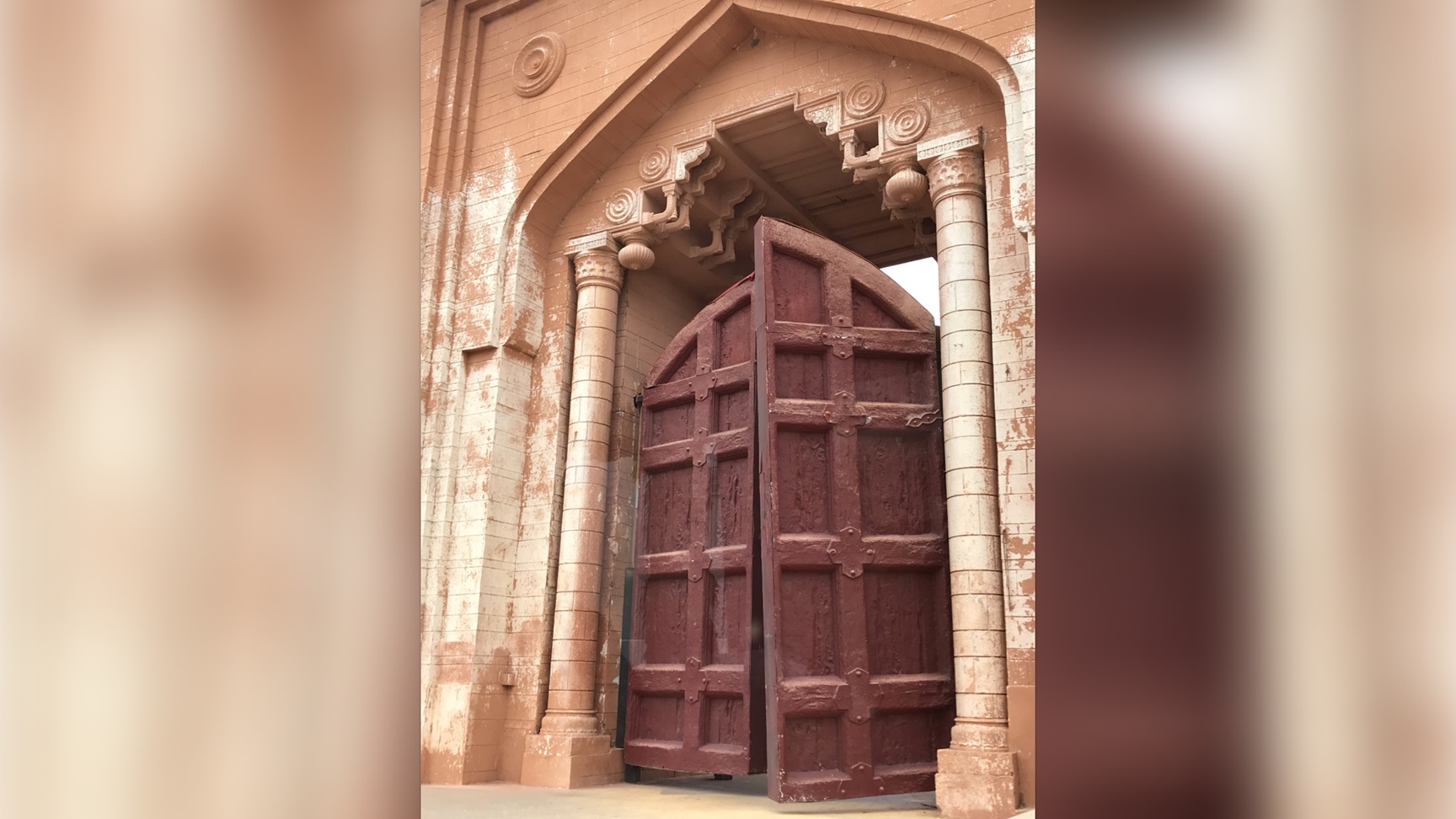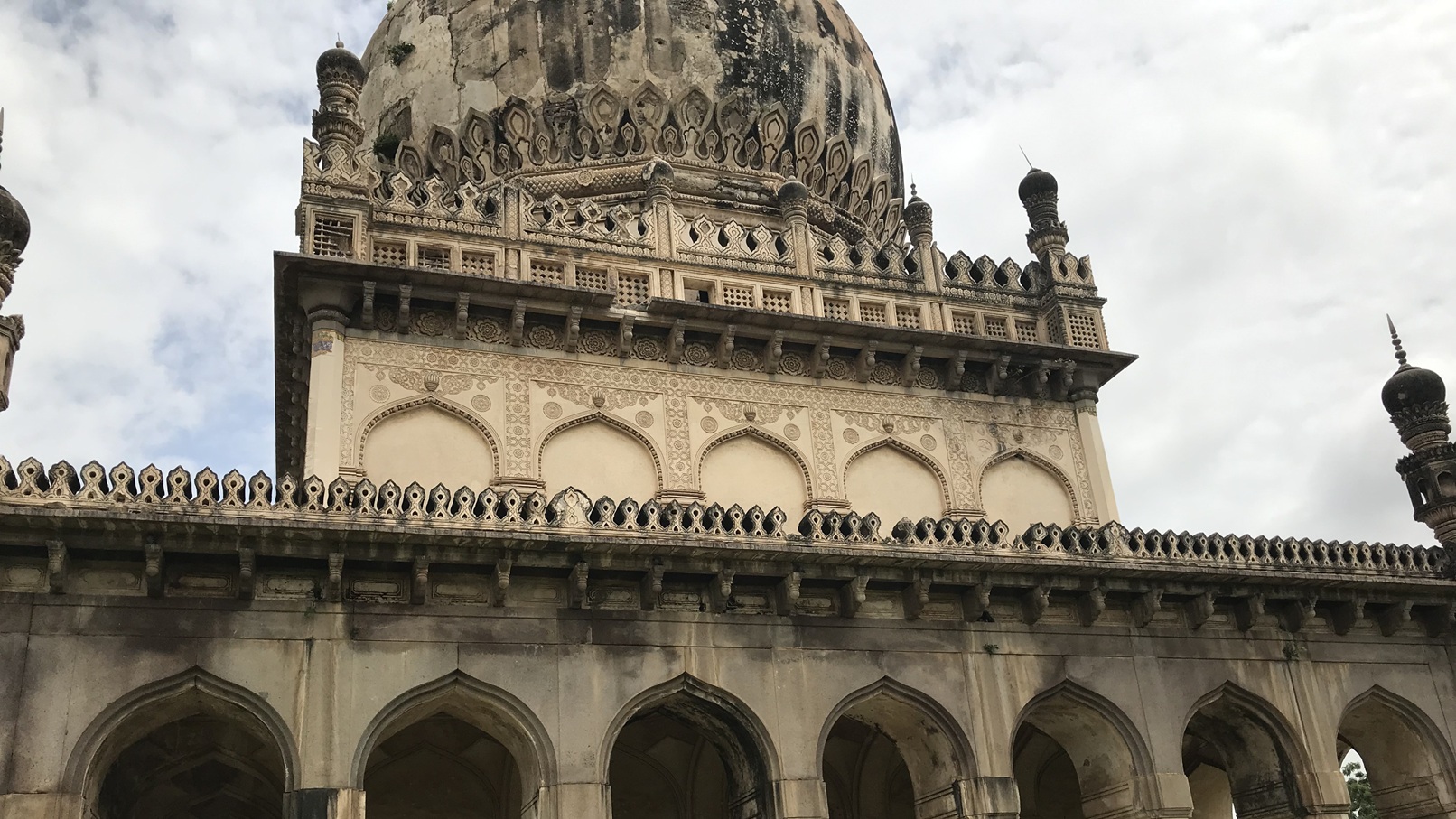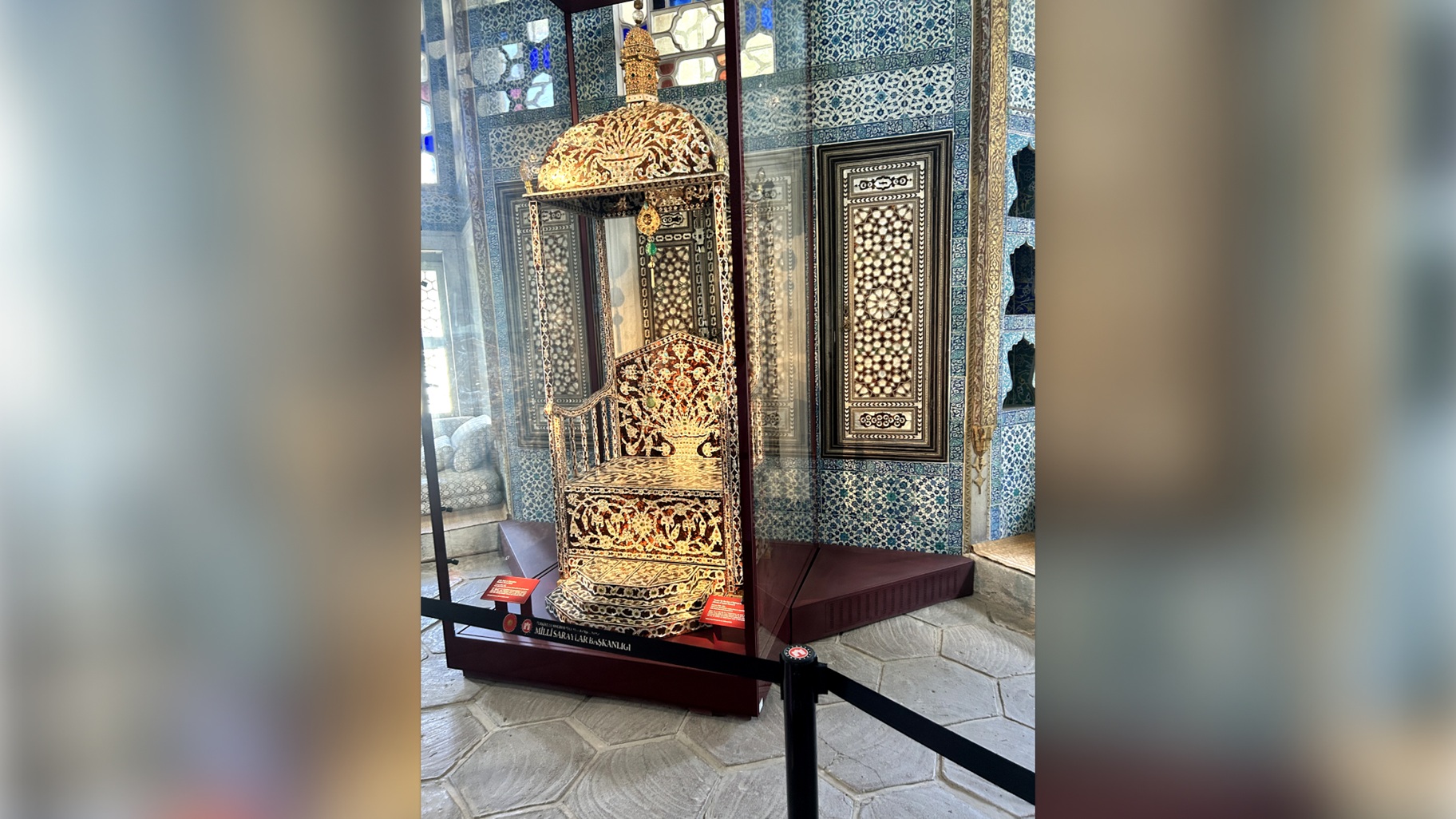
Exile and Return of the Jews: Hope amid Despair
1In 597 B.C., thousands of Jewish people were taken from Judah to Babylon as exiles. In those days, many people believed in “territorial gods,” meaning that each god had power only over a particular region. Babylon, for example, was the domain of the god Marduk, while Palestine was the land of Yahweh, the God of Israel. The Jews, believing they had left Yahweh behind in Palestine, feared that He could not hear them in Babylon. The temple of Jerusalem, where Yahweh resided, had been destroyed, and with it, their hope seemed to vanish.
Eleven years later, a second group of exiles arrived in Babylon with the devastating news: Jerusalem had been utterly destroyed, and the temple was gone. This news was a crushing blow. The desolation of Jerusalem was felt deeply in the heart of the Jewish people, as expressed in Psalm 137. The psalmist poignantly recounts the sorrowful exchange between the Jews and the Babylonians: “Sing to us some of the songs of your land,” the Babylonians mockingly asked. The Jews responded with bitterness: “How can we sing the song of the Lord in a foreign land?”
At that time, the Jews felt it was useless to sing or pray to Yahweh. They believed that He had been defeated and that the temple had been destroyed. Babylon seemed so powerful, and they saw no hope of returning to their land. Yet, despite these feelings, life in exile was not as harsh as they had imagined. The Jews were free to practice their faith and pursue their trades. Babylon itself, with its fertile land and the majestic rivers like the Tigris, Euphrates, and Chebar, must have amazed the exiled Jews, who had come from the dry, mountainous land of Judah.
The Babylonians, known for relocating entire populations to prevent rebellion, carried out these mass movements with careful planning and as little cruelty as possible. The Jews were directed to settle by the River Chebar in Babylon, where they would live in exile.
The Wonders of Babylon and the Hanging Gardens
One of the most renowned sights of Babylon was the King’s Palace, home to the famous Hanging Gardens, one of the Seven Wonders of the Ancient World. The gardens were constructed with terraced levels supported by large stone arches, creating a striking contrast to the surrounding desert. The lush greenery, filled with exotic plants and towering palm trees, could be seen from miles away. A mechanical system drew water from the nearby River Euphrates to keep the gardens watered. King Nebuchadnezzar built these gardens for his queen, a Midianite princess who longed for the hills of her homeland.
Comfort and Hope amid Exile
Despite the initial despair, the exile carried with it a new purpose. The Jewish people began to realize that their God, Yahweh, had not been destroyed with the temple. He had not abandoned them in Babylon. Ezekiel, one of the prophets among the exiles, played a crucial role in reshaping their understanding of God’s presence. Before the second group of exiles arrived, the people had scoffed at Ezekiel’s warnings, dismissing his prophecies as madness. However, upon hearing the news of Jerusalem’s fall, Ezekiel’s words gained new significance.
Ezekiel’s prophecy conveyed hope. He spoke of a time when God would gather His people again as a shepherd gathers his sheep. “I will seek the lost and bring back the strayed; I will bind up the injured and strengthen the weak,” Ezekiel declared. He also foretold the coming of a New Covenant, one that would not be written on stone tablets but would reside in the hearts of the people. God would purify His people, giving them new hearts and spirits. They would one day return to the land He had promised their ancestors. “You shall be My people, and I will be your God,” Ezekiel proclaimed.
A particularly striking vision Ezekiel experienced involved a valley of dry bones. In this vision, God commanded Ezekiel to prophesy to the bones, and as he did, the bones came together, covered with flesh, and were filled with life. This vision symbolized the revival of the Jewish nation, which would one day return to Jerusalem and be restored by the hand of God. The Jews had hoped for restoration, and Ezekiel’s vision assured them that it would come to pass.
The Role of Ezekiel and the Call for Personal Responsibility
During this period, Ezekiel also addressed a prevalent belief among the exiles: that they were suffering because of the sins of their ancestors. He told them that each person is responsible for their own actions. “The soul who sins is the one who will die,” he declared (Ezekiel 18:4). It was a call to personal repentance and accountability, urging the people not to blame their forebears for their plight.
The Prophecies of Deutero-Isaiah
Another prophetic voice of hope was that of “Second Isaiah” (Deutero-Isaiah), a prophet likely born in Babylon. By the time he began speaking, the Jews had been in exile for nearly forty years. His prophecies emphasized that Babylon’s power would soon be overthrown, and the Jews would be able to return to their homeland. This prophet reassured the people that God had not forgotten them. Just as God had delivered their ancestors from Egypt, He would deliver them from Babylon in a new Exodus.
The exiles, initially skeptical, began to understand that their suffering was not a sign of God’s abandonment, but part of a larger plan. Deutero-Isaiah taught the people that God is the only true God. He mocked the idols of Babylon, pointing out their utter inability to compare with the living God: “How can a man make a god out of wood, and then use the other part of the tree to warm himself?” he scoffed.
This revelation was transformative for the Jews. Over time, they came to understand that Yahweh alone was the one true God. The gods of Babylon, including Marduk, were mere human creations, powerless and fleeting. “He is the everlasting God, the Creator of the ends of the earth,” Deutero-Isaiah declared. This profound understanding of monotheism helped the Jewish people break free from their reliance on idols and led them to view their mission as God’s chosen people—to proclaim His greatness to the world.
The Servant Songs and Their Fulfillment
Deutero-Isaiah also introduced the “Servant Songs,” which described a figure who would suffer for the sins of others. These songs speak of a servant who would be obedient to God’s call, despite facing great hardship. Though scholars have debated the identity of this servant, it is widely believed that these passages foreshadow the coming of Jesus Christ. In the New Testament, the early Christian Philip explains to an Ethiopian that the Servant Songs refer to Jesus, the suffering Messiah who would ultimately bring redemption to all people.
Conclusion
The Jews’ exile in Babylon, though a period of great sorrow and loss, was also a time of profound spiritual awakening. Through the prophecies of Ezekiel and Deutero-Isaiah, the exiles came to realize that God had not abandoned them and that their suffering had a purpose. They learned that God was not confined to a particular place or temple but was with them wherever they went. In the end, their faith was strengthened, and they returned to their land, bringing with them a renewed understanding of God’s power, presence, and promises. Their journey through exile became a testament to God’s faithfulness and His plan for their ultimate restoration.
Footnotes
- The Servant Songs are found in Isaiah 42, VV 1-4; 49; VV 1-6; 50, VV4-9 and 53, VV 1-12.
* First Song: 42:1-4. Tells God’s people that they are to take God’s truth into all the world, never be discouraged, or give up hope. Sometimes they will be like a smoking torch-almost extinguished. At other times they would be revived into a burning flame.
* Second Song: 49:1-6. In this song, the Servant himself is the speaker. He tells us he is like a sharp sword. He is often discouraged but God strengthens him.
* Third Song: 50:4-9. Again, it is the servant who speaks. Here he has been obedient to God’s voice and it has brought him great suffering. Yet God always helps him.
* Fourth Song: 52:1-12. The verses give a picture of someone who has suffered much for the sins of others. There is nothing beautiful about him. ↩︎




